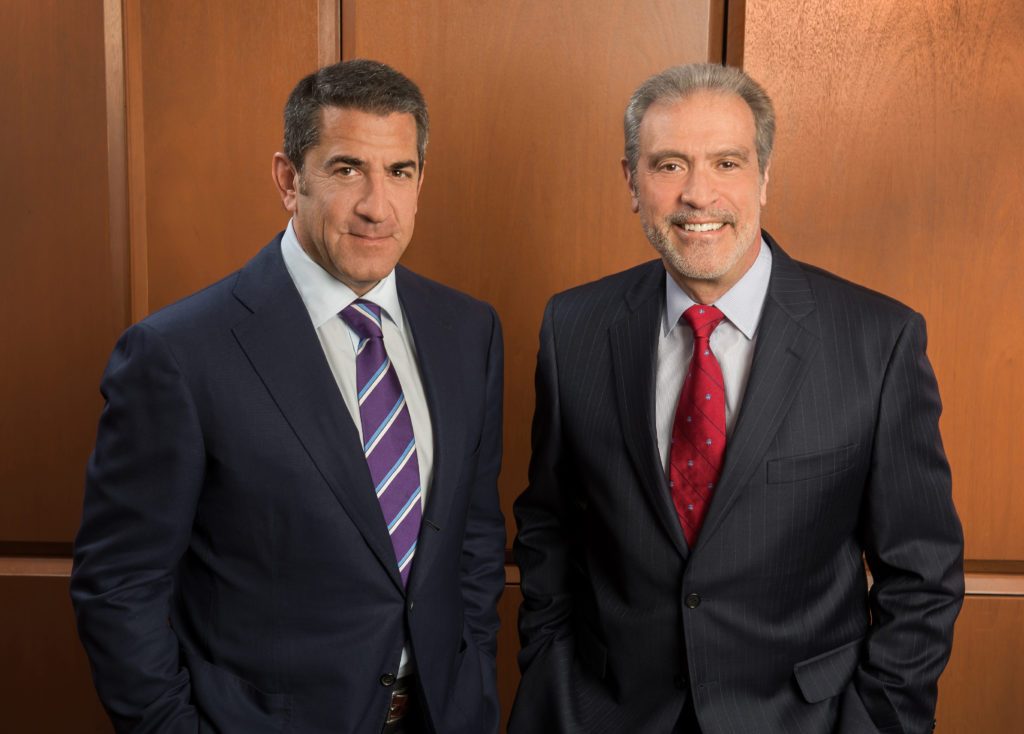A popular Miami Beach, Florida, nightclub has been named as the defendant in a premises liability suit filed on June 13. The plaintiff in the lawsuit alleges that the nightclub failed to provide adequate security at the club, which resulted in the shooting death of his twin brother. The shooting happened in the early hours of June 10 at the South Beach establishment located on Washington Avenue.
According to the lawsuit, the victim was shot after an altercation broke out between two groups of partygoers. The gunfire resulted in a stampede of people attempting to escape the danger. Police have still not captured the shooter. They also remain baffled as to how a patron was able to bring a firearm into the club. Police say nightclub employees may have inadvertently cleaned up the crime scene and destroyed valuable evidence.
The plaintiff says that his twin brother was a well-liked professional chef who earned his culinary credentials in 2000. Since that time, he has cooked for many celebrities and was a popular chef to local athletes. In fact, the victims was reportedly hanging out with several high-profile former basketball players just hours before his death.
According to the plaintiff, the nightclub has a sketchy history of violent crimes related to the club. The plaintiff has also named the nightclub’s parent company as a co-defendant in the suit.
Patrons of commercial buildings have a right to be safe while frequenting the establishment. A landowner and even the management of a property can incur certain premises liability if they fail to provide adequate security measures. They have a duty to take ordinary and reasonable care to prevent assaults on their patrons by third parties. These obligations extend to shopping centers, gas stations and basically any commercial space where patrons could be placed in an unreasonable risk of harm. Patrons injured as a result of such negligence may be able to sue to recover damages for their injuries.
Source: Miami Herald, “Family of chef slain in South Beach nightclub files lawsuit” David Ovalle, Jun. 13, 2014

